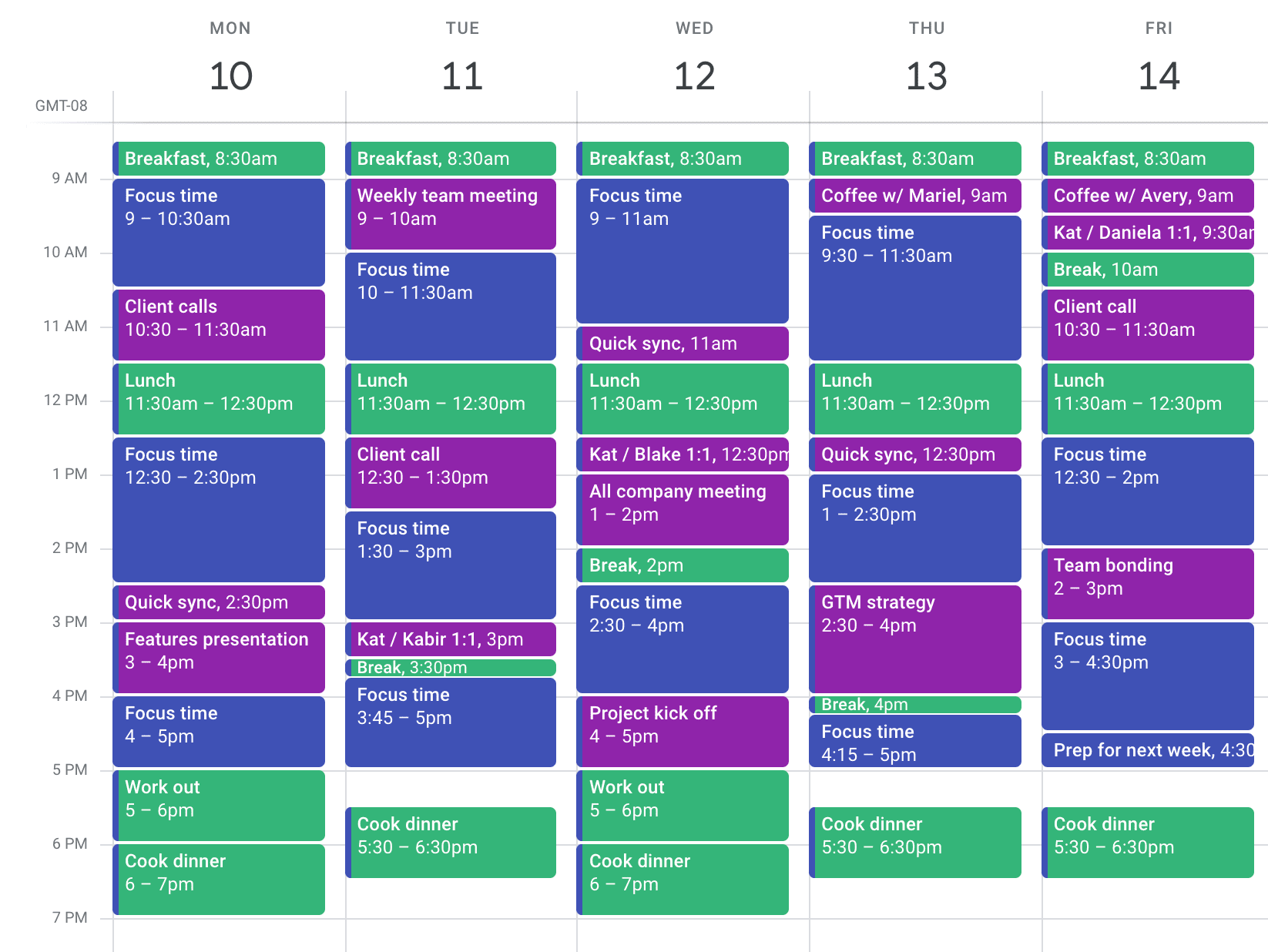In my last post, I presented common productivity challenges that entrepreneurs face, such as the need to wear multiple hats, navigate a constantly evolving market landscape, and manage limited resources effectively. We also discussed how the inherent risks and pressures associated with entrepreneurship, including financial constraints and the fear of failure, can further impede productivity by causing stress and anxiety. As a result, entrepreneurs often find themselves caught in a cycle of juggling competing priorities, battling distractions, and struggling to maintain momentum towards their goals.
Despite these challenges, however, many entrepreneurs can overcome productivity hurdles through resilience, resourcefulness, and a willingness to adopt effective strategies and tools to optimize their time and energy.
Read More









